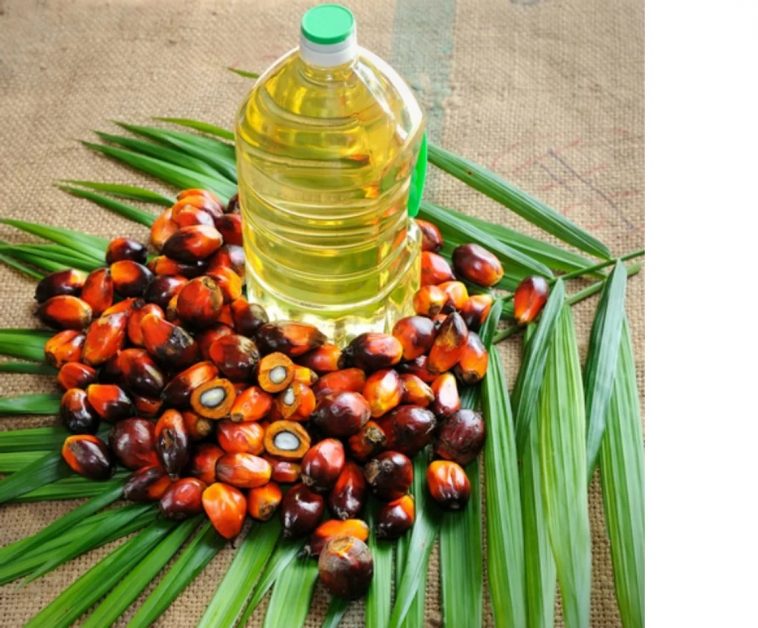Nepal’s lucrative palm oil exports to India could hit a setback as the southern neighbour has suspended all import licences besides imposing stringent trade measures in a bid to check cheap imports and protect domestic industry.
“The Directorate General of Foreign Trade of India has issued 39 licences to different firms. The Department of Commerce has reviewed its decision and has decided to suspend all these licences,” the directorate said in an office memorandum dated May 11.
The new trade policy that came through the Trade Notice issued on April 13 said that applications for import authorisation should be accompanied by a pre-purchase agreement and details of the import of refined palm oil items for the past three years.
The validity period of import licences for refined palm oil has been slashed to six months from the usual 18 months.
Applicants who do not utilise the import authorisation will be disqualified from getting any further licences for these items in the future, and Indian customs will be required to diligently enforce the ‘rules of origin’ criteria for the import of these items originating from Nepal and Bangladesh.
The South Asian Free Trade Area agreement, to which Nepal is a party, stipulates that goods with preferential origin are eligible to be imported and re-exported with lower duty rates or at zero rates if the requirements are met.
For Nepali exports to India to be eligible for tariff exemptions under this treaty, imported goods need to have at least a 30 percent value addition. Nepali trade experts have been saying that Nepali traders do not meet the 30 percent value addition requirement.
Palm oil has become Nepal’s top export product although the country does not produce a drop. On January 8, India’s Directorate General of Foreign Trade issued a notification saying the foreign trade policy had been amended from ‘free’ to ‘restricted’ for refined palm oil trade. Under the new rules, firms are required to obtain an import licence from the directorate.







